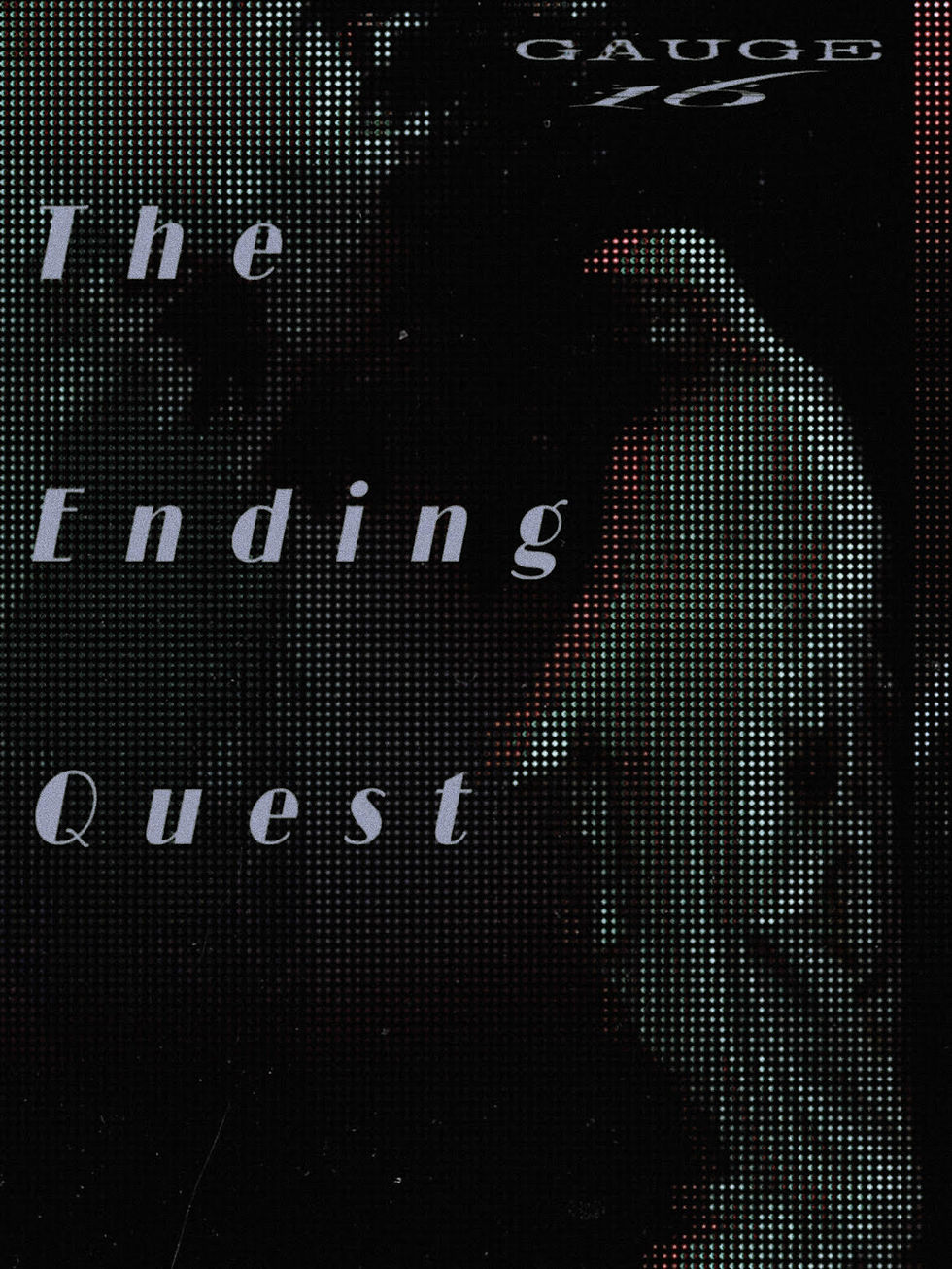Some Woodstock-Era Albums for Turbulent Times
- Thomas Rose
- Oct 2, 2025
- 3 min read
Recently, I saw a documentary on Apple+ called "1971, the Year that Music Changed Everything", made in 2021, which was about the late 60s/early 70s and the total evolution of music that took place during that era. The documentary focused on 1971, but I've noticed that the entire breadth of music in 1968 through 1971 has a unique tenacity and conviction. Looking at the history of this era, it's no wonder music had a unique sound, no matter what genre; it was heavily influenced by the backdrop of the war in Vietnam and political/racial tension in the US, as well as the results of the music industry becoming a global enterprise.
It's hard not to see parallels between the turbulence of those times and what we see today, but I draw a little bit of comfort from the fact that people before us wrote music to try and stand up for resistance in the face of oppression. Given that, here are some albums from the late 60s and early 70s that still feel relevant 5 decades later.

Marvin Gaye: What's Going On
What's Going On isn't a question, it's what Marvin Gaye's seminal work was about: one of the first 'concept albums' in the Soul genre, Gaye tells the story of a veteran from the Vietnam war returning to the US only to see massive inequality, whether it's the violent treatment of anti-war protestors (What's Going On), rampant drug addiction (Flyin' High), environmental destruction (Mercy Mercy Me) or the socioeconomic division that minority communities faced (Inner City Blues). Gaye's lyrical commentary, smooth and soft vocals, What's Going On remains a timeless masterpiece which has held relevance across generations.

George Harrison: All Things Must Pass
George Harrison's first work after departing from The Beatles in 1970 had relatively low expectations: Harrison's work while part of the band had never been 'exemplary' in the eyes of critics, and his bandmates Paul McCartney and John Lennon typically drew the crowds. However, All Things Must Pass was dubbed by Rolling Stone as the "War and Peace of Rock n Roll", a title carrying a lot of weight. While most of this album's success lies in the extremely complex songwriting and production (aided by the infamous Phil Spector), the lyricism about theology and philosophical themes of existence and purpose make this album feel like a rock to ground yourself on during stormy weather, which matches up close enough to how critics described it 55 years ago that I think this album is timeless.

The Rolling Stones: Let It Bleed
The Rolling Stones, much like the Beatles, were a youthful British Invasion band that hardened their tone in response to the turmoil and violence of the late 60s/early 70s, and Let it Bleed was just one of the iconic albums the Stones left as a mark on the time period. While the entire album is full of visceral commentary and an overall feeling of dread (one critic described it as covering the listener in blood), "Gimme Shelter" and "You Can't Always Get What You Want" define the two contrasting themes of Let It Bleed: the former being the shocking, twisted reality of war that was broadcast into every American's home, and the latter being the counterculture movement clawing for a semblance of hope before succumbing to disillusionment.
I could definitely write a second part to this talking about albums with politically and culturally relevant lyricism for the 2020s; so, drop a comment if you would like to see that.






Comments